‘Mathematical’ is back on the football field, training. I am preparing for, probably, the most significant football match of my life. And this is not a joke.
I played my last official football match on a fateful December day in 1984. That makes 36 years since I threw my football boots in frustration into the stands of the National Stadium in Lagos towards a disappointed audience that had just watched me play, probably, the worst match in my football career. That was when I played a proper football match for the last time.
Since then, I have retired into the cocoon of other sports and non-sports-related interests including the latest – agricultural farming.
So, for this retired ex-football player to be exhumed from the archives and invited to participate in a serious football match after 36 years, means something serious is in the offing.
I have already started the mental exercises for my return to action, starting with fully grasping the motivation for this audacious adventure that could affect my life forever.
I am as worried as I am excited.
To start with, I no longer have the legs for a serious football game. My legs can hardly handle anything more than my slow- motion ‘bursts’ whilst playing tennis. Propelling my 87 kilograms of withering muscle and mid-riff fat through the rigour of a football match would be a ‘killer’ physical challenge. But that’s what I have signed up to do in the next few weeks to support a seemingly impossible but inevitable mission, because not to do something, anything, is to be complicit in the looming disintegration of the ‘geographical expression’ called Nigeria.
The invitation to return to football for another important match came in a message sent to me by some friends, concerned Nigerians that had come up with a ‘crazy’ idea to walk our long talk, and tackle one of Nigeria’s most intractable political challenges, fusing the forces of the East and West to balance the domineering forces of the North in order to build a global economic and political force out of Nigeria, one that had failed to materialise in over 60 years of not trying enough and failing, of course.
These visionary friends think it is time we deployed the power of sport to bring together the Igbo and the Yoruba around a common cause, to test the efficacy of what had been mouthed for a long time by southern political leaders that such an effusion would produce a Nigeria that will be very powerful and prosperous. They believe that sport is a tool that creates the atmosphere for such a union with its immunity to the vagaries of religion, tribe, political affiliation and status. Sport is a bridge builder like no other activity known to man.
So, some cultural leaders of the two major ethnic groups have decided to seize the opportunity that the present dire situation across the country presents, and creatively organise a football match that would present a platform for the leaders and followers of the tribes to meet and extend handshakes across the River Niger, an impossible feat before now, but one which has the potential of changing the fortune of Nigeria should it happen. If and when the Yoruba and the Igbo come together and act a common script in the drama of Nigeria’s development, a force, potentially powerful enough to place Nigeria on the trajectory of a world power would be unleashed to the world.
This has not happened in the past because both tribes became slaves to history, to accusations of past betrayal of each other on the political front. That’s why the handshake across the River Niger has been a ‘mission impossible’ for almost 6 decades.
That narrative must change into a new option for the country at this most precipitous of times.
I read my invitation to be a part of this novelty football match again. I see the names of my many friends in the socio-cultural and even political arena from both tribes in the lists. These are persons of my generation. On an individual basis we are buddies. As a team driving a cause, we have not collaborated much. As we approach the sunset in our lives may our greatest regret not be that we did nothing when we had the opportunity to do something to contribute to the desired change to the fortunes of our country.
I like the ‘foolish’ things of life that confound the wise. I like simple things, simple ways and practical things. I like clarity and honesty. Sport presents such backgrounds.
To use Nigerians’ love for their football is one thing we have not exploited enough to drive national agenda.
There had been a few instances in the country’s history since Independence that football featured prominently in national issues.
There are reports that in 1968, during the brutal Civil War in Nigeria that killed over 2 million people at the final count, fighting was temporarily halted to enable the warring armies of Biafra and Nigeria to follow the radio commentaries of the football match taking place in Lagos that involved the greatest football player in the world at the time, Brazil’s Pele.
The second was the formation of Rangers of Enugu football club, from the debris of the civil war in 1970, as a deliberate strategy to rapidly reintegrate a ‘defeated’ Biafran people into mainstream life in Nigeria. What Biafra lost in the war the people gained through the absolute dominance on the football field of their all-conquering football club ‘warriors’ of the Igbo cause.
Rangers won everything in the land for 4 unbroken years, obliterating from the minds of the people all the vestiges of the Civil war.
In 1977, at the height of the rivalry between the clubs representing the Igbo and Yoruba movements in Nigeria, a tribal conflagration almost occurred when their two representative football clubs were to meet in the semi-finals of the Africa Cup-winners Cup. That was when the underbelly of the clubs as tribal movements of the Igbo and Yoruba tribes came to the fore.
It was a replica of the social, cultural, economic and political rivalry that had dogged their relationship since before Independence and became the hurdle they both would have to cross to be able to harness the full benefits of their natural endowments to change Nigeria and make her a powerful socio-cultural and economic force in the world.
Combining their forces, a long shot by all predictions and permutations, would produce the most powerful power-block that, in addition to the third leg of the tripod in Nigeria’s political equation, the North, would become the most powerful country of Black people on earth.
The 1977 match between Rangers and Shooting Stars created such a tension and excitement in the land that to date it is still regarded as the greatest football match ever played in the country.
In 2017, I was invited specially to the 40th celebration of that eventual victory of Rangers, their greatest achievement to date, in Houston, Texas, where I, a Yoruba man, delivered the key note speech before an audience of over 400 Igbos from all over America.
Those instances are landmarks that demonstrate the potential power of the game of football in the country to achieve big objectives with some creative thinking and strategic deployments.
Through our history, the country has seen, on occasions, the burying of cultural, religious and political hatchets when the national football team plays in international football matches. Divisions are bridged, differences evaporate and Nigerians rally around their football heroes without any ethnic considerations.
Ethnic and religious divisions, in particular, have weakened Nigeria’s potential to become a global force in all spheres of human endeavour. That most Nigerians are wallowing in poverty in the midst of massive human and material resources has become the shame of the country.
In 2021, the country stands on the precipice of national disintegration, with calls by its different ethnic nationalities to go their different ways, re-structure, or even secede. The political leaders have failed to come together and work out a united front how to tackle the impending doom.
Many believe that if the two major tribal forces in the South could come together and create the needed balance to the domineering but less productive force of the North, Nigeria would never be the same again, for good.
That’s why the handshake across the River Nigeria is critically essential.
As calamity looms, some concerned Nigerians, are drawing on the simple and practical formula of beginning the journey to that ultimate destination with the organisation of a non-competitive but very symbolic, culture and art-driven football match between some influential leaders of the two rival tribes.
I took a look at some of the names in the emerging list of ‘players’ driving this historic novelty football experiment that may lubricate the healthy conversations and a possible new relationship between the Igbo and the Yoruba.
In short, what Obafemi Awolowo and Nnamdi Azikiwe failed to do at the birth of Nigeria’s Independence, is to be attempted now using the opportunity that the present state of affairs in the country presents. To succumb to any pessimism now is to give in to a possible break up that will spell doom for Nigeria.
As I prepare to meet my colleagues and Igbo friends in designing the symbolic match, my sponsoring thought is that even if we do not change Nigeria with our effort, it should be written next to our names that we made a very serious effort using what we know best.
Like Nelson Mandela and many other visionaries around the world have said from time to time, I also believe in a cultural revolution that sport can power to change the world.
That’s why as I resume my training for this my most important football match assignment, I am propelled by the possibility of a genuine handshake between the Igbo and the Yoruba, plus all the other minorities, across the Niger.
Something new and serious is in the offing, another addition to the limited options available on how to tackle the unity problem of Nigeria, how the country can come together and achieve its potential and become a global superpower when its rich diversity becomes an asset, the major tribes come together and their natural resources are deployed for the common good of all.
Nigeria could be one of the greatest nations on earth. That is a no-brainer because the evidence is everywhere and all around the country.
The power of football to cut through artificial barriers between the Igbo and the Yoruba. Their deep rooted distrust, of each other, the product of political jingoism and past betrayals that have left scars that only revival of true friendships can heal, can be melted by true friendships and a healthy competition.
Achieving this cannot be a stroll in the park, or a sprints event. It is a marathon race that must be run cautiously, carefully, patiently, decently, as a team and with sincerity. These are all values entrenched in a successful football team. That’s why rather than continue to be slaves to their past relationships I would dust my football boots, head out to the field and trade healthy tackles with some Ohaeneze leaders, Pat Utomi, Onyeka Onwenu, Chris Anyanwu, Tony Nnachetta, Chris Nwodo, Jay Jay Okochà, and so on from that great, hardworking and industrious tribe East of the Niger.
The list of the Yoruba XI is being compiled. I shall let you know as soon as it is done. It will have representation of the Afenifere, Afenifere Renewal Group, the self-Determination Groups, Sunday Igboho, Gani Adams, Felix Owolabi, Akin Osuntokun, Sunny Ade, Segun Bankole, and yours truly, of course, amongst others.
What a great match that would be. It is coming soon, watch out!
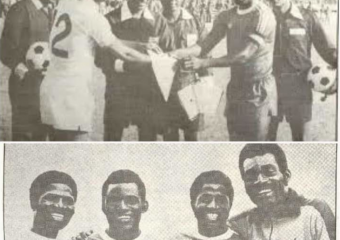
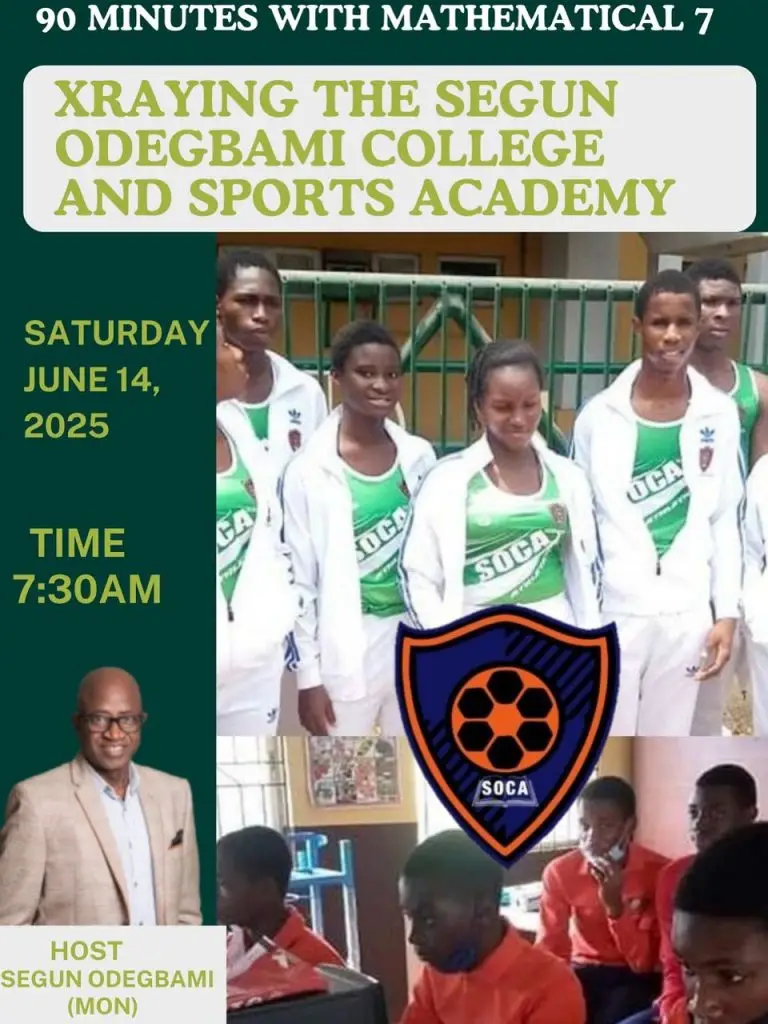
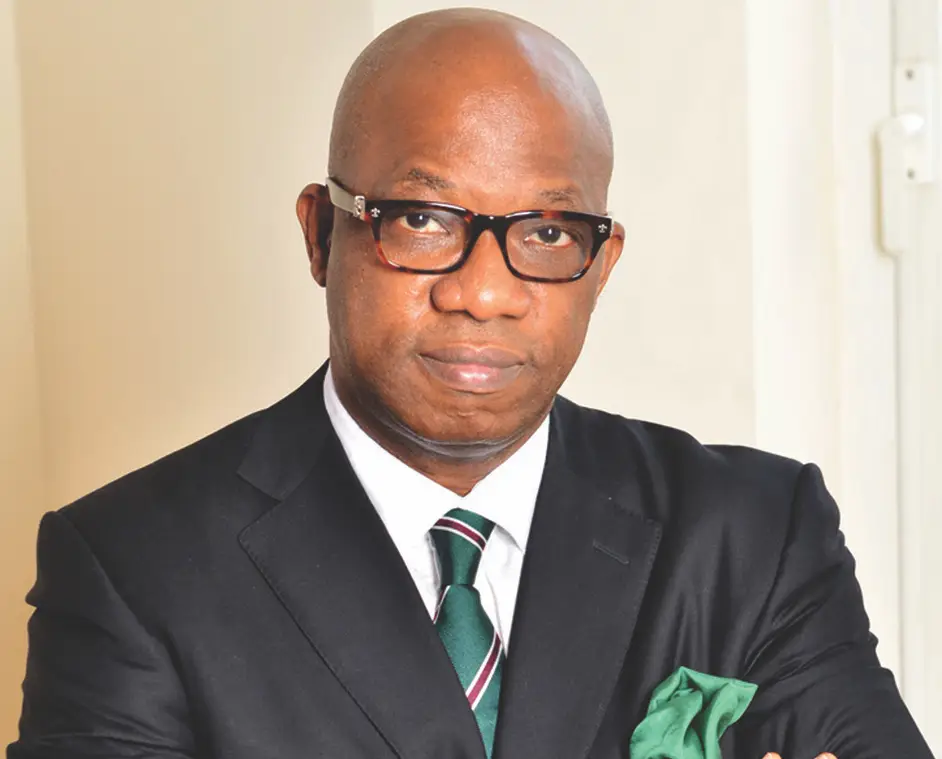
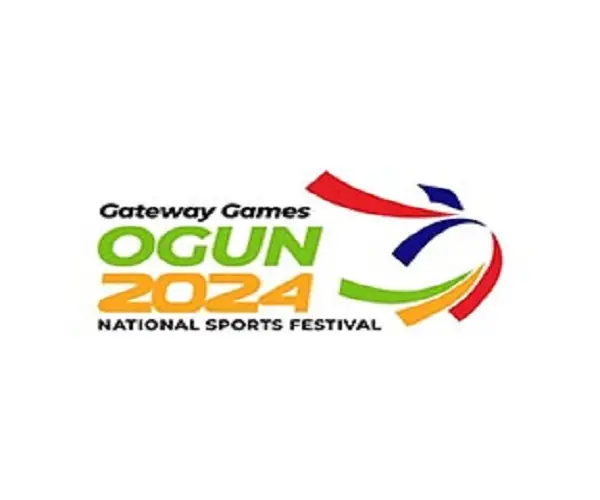
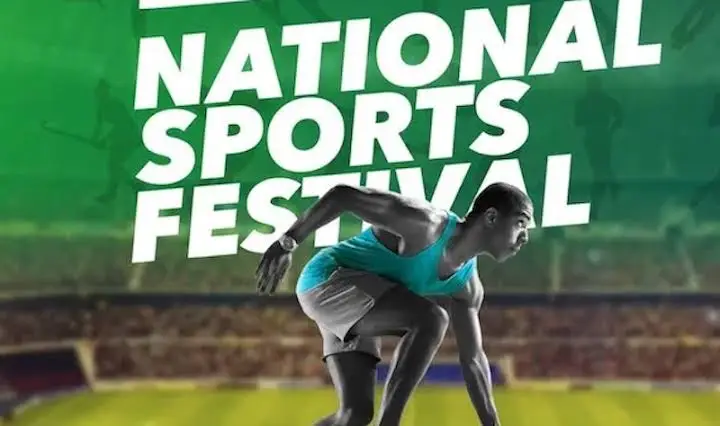
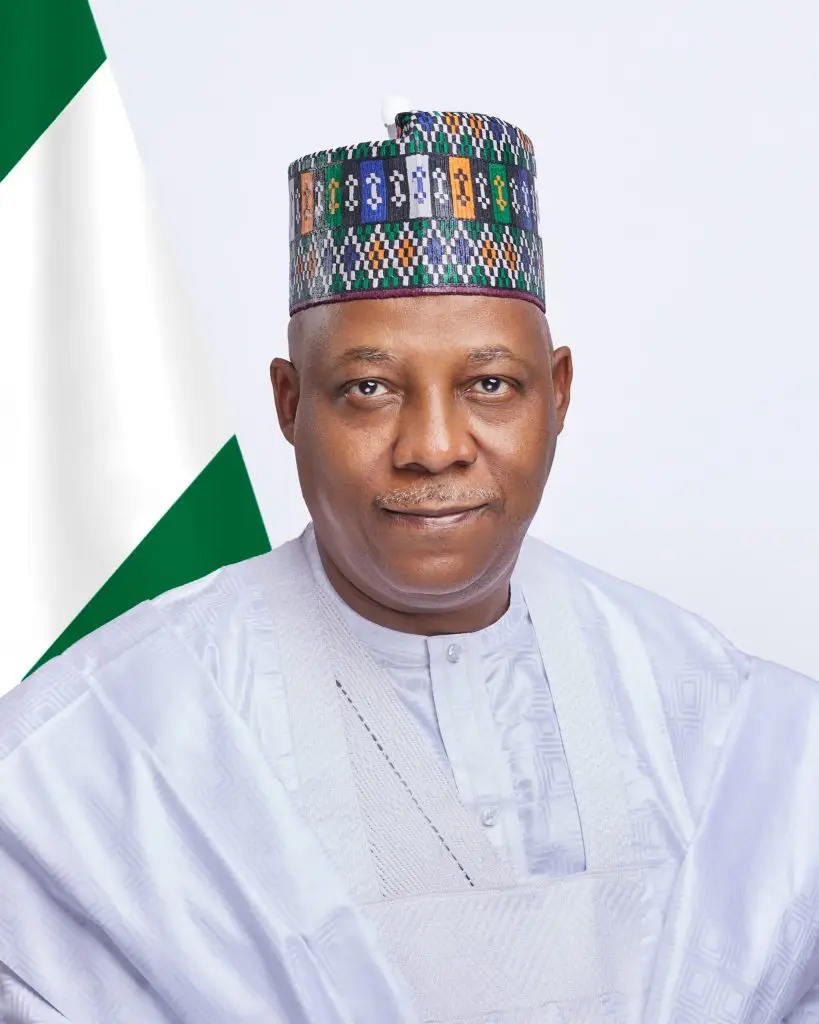



I love your write up on late coach Laloko. He was very popular with in the schools soccer environment then. Your disclosure on Ebenezer Grammar school Abeokuta is an eye opener. It’s good to read and have knowledge. Ride on sir